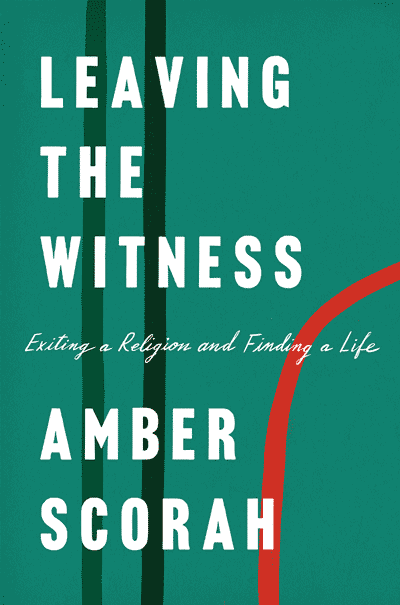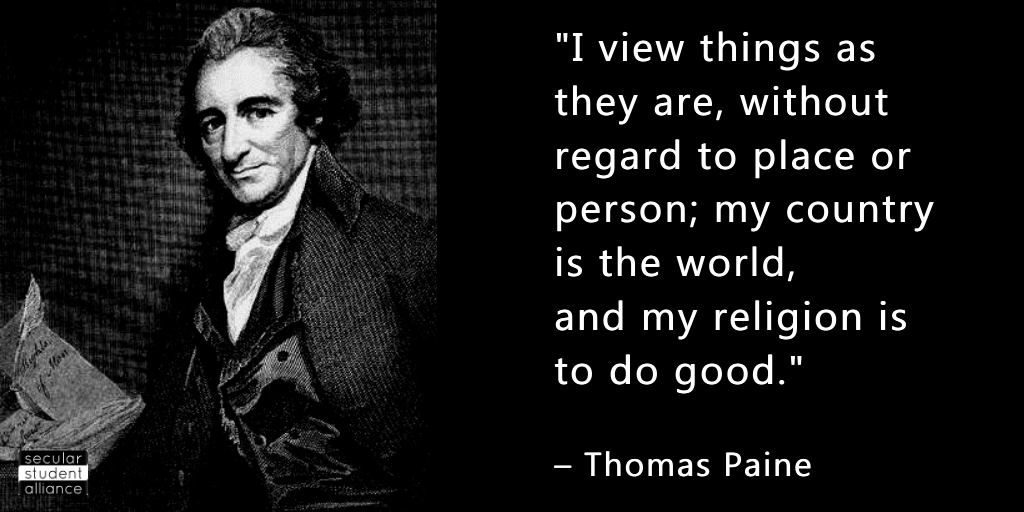“What’s missing in the work of Richard Dawkins is social justice”Jovial, clean-cut and impeccably tailored, Martin Hägglund has been hailed as “the most important young philosopher in America”. Born in Sweden in 1976, he is now professor of comparative literature and humanities at Yale. When I meet him for coffee at the British Library in London, he arrives exuding all the cool serenity of someone enjoying great success.
The previous evening, he had spoken before a sell-out crowd at the London School of Economics about his book, This Life: Why Mortality Makes Us Free, a philosophical tour de force. The premise of the book is simple, if unnerving: “life can matter only in light of death”, and that an eternal life is not only unattainable, it is undesirable. “Far from making my life meaningful,” Hägglund writes, “eternity would make it meaningless, since my actions would have no purpose.”
If the religious idea of salvation inhibits commitment to the here and now, displacing questions of the good life to an unknown great beyond, it is finitude – “the sense of the ultimate fragility of everything we care about” – that is at the heart of what Hägglund calls “secular faith”.
For Hägglund, spiritual questions of freedom are indivisible from economic and material conditions. To be free, he says, is not to be sovereign or liberated from all constraints, but to be able to ask ourselves what we ought to do with our time. “Only in light of the apprehension that we will die – that our lifetime is indefinite but finite – can we ask ourselves what we ought to do with our lives and put ourselves at stake in our activities.”
Elaborating his theory of secular faith through bold and original readings of thinkers ranging from Dante and CS Lewis to Marx and Martin Luther King Jr, Hägglund concludes with a compelling defence of democratic socialism that would allow us to choose what we ought to do with our time and thus be truly free.
Hägglund is part of a younger generation of thinkers eager to engage general readers. “I wanted to write a book that had maximum ambition and minimal alibis. I didn’t want to sacrifice philosophical rigour, but nor did I want to rely on arcane jargon.”
Like the existentialist works of the mid-20th century,
This Life is a stirring reminder about philosophy’s power to move and disturb as well as illuminate. “Philosophy is about making explicit what is already implicit in the lives that we are leading,” Hägglund says, “to deepen and provide ways of articulating the intuitions people have about life.”
If there is a growing intuition that people have had over the past decade, it is that capitalism no longer ensures our collective happiness or individual well-being.
One reason Hägglund’s book has been received so well is because of the interest in post-capitalist futures. “The book definitely became timelier as I was writing it,” he says. “When I started five years ago my editor kept saying, ‘you can’t use the phrase “democratic socialism”.’ That was telling, because we now live in a moment when fundamental questions about how we should live and work together and organise our societies are being posed everywhere.”
Although Hägglund grew up during the zenith of Swedish social democracy, he does not consider that as having influenced his thinking or political beliefs.
Nor is his notion of secular faith mounted in solidarity with the so-called
New Atheists, for whom he has little regard. “What’s missing in the work of Richard Dawkins, for example, is any consideration of social injustice; of what freedom and equality demand of us. And while they want to debunk the idea of an eternal life, I’m asking: is eternal life even desirable?”
Hägglund’s greater preoccupation is to challenge the notion of freedom that has dominated Western thinking since it was first articulated by Thomas Hobbes in the 17th-century. “People have a negative conception of freedom,” Hägglund says. “They want freedom from things: from constraints, from dependence, from anxiety.”
For most people, to be free is about “being released from the drudgery of their everyday lives”, which explains the popularity of trends such as the wellness industry.
“Finding peace of mind through meditation – that’s fine as a means of engaging with your life,” Hägglund says, “but when it becomes an end in itself… that suggests something is wrong with how our shared lives are working out.”
Hägglund defends a more positive concept of liberty in which freedom is about “engaging, to put yourself at stake, to care about something that can be lost”. His central message, one that is strikingly apt for an age of accelerating climate catastrophe, is ultimately that “none of us can sustain our lives on our own”.
He goes on: “Mutual recognition has to commit us to sustain those who sustain us. To be free is not to be liberated from all constraints but to be able to affirm the relations with others on which we all depend.”
But are we ready to embrace finitude; to shape our lives around the fact that in the long run we are all dead? Hägglund is clear that it is not about overcoming the anxiety of death, often the aim of philosophy since the Ancients, “but owning that anxiety and seeing how it is intrinsic to anything that matters and your ability to ask yourself what’s worth doing with your life”.
Secular faith is not about embracing death but affirming mortal life. “There are no guarantees that life won’t be shattering. But a life wouldn’t be what it is without having that vulnerability attached to it.”


